Introduction: The Strategic Importance of Manufacturer Selection

The golf apparel industry is experiencing unprecedented growth, with the global market valued at USD 4.5 billion in 2024 and expected to grow at a CAGR of 6.2%. This expansion brings both opportunities and challenges for Golf Apparel Startups and established brands seeking reliable Golf Clothing Manufacturer partnerships.
Selecting the right manufacturer for your golf clothing solutions isn't just about finding the lowest price—it's about establishing a partnership that can scale with your business while maintaining quality, sustainability, and ethical standards. Whether you're launching Personalized Golf Wear or developing Innovative Golf Fashion collections, the manufacturer you choose will significantly impact your brand's success, customer satisfaction, and market positioning.
Understanding the Modern Golf Apparel Manufacturing Landscape
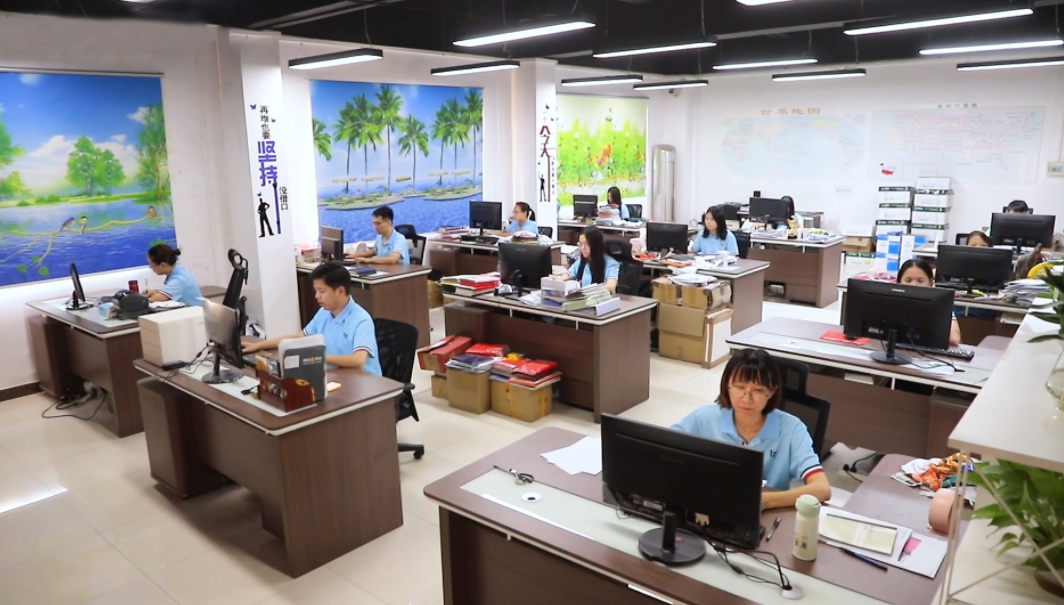
Today's golf clothing industry demands more than traditional manufacturing approaches. Between 2025 and 2035, the business will be more devoted to sustainable innovation, intelligent textile technology, and inclusive design, with brands introducing wearable technology such as UV-sensing clothing and AI-based swing-enhancing garments.
This evolution means that Golf Clothing Suppliers must demonstrate capabilities beyond basic garment production. They need expertise in advanced materials like graphene-infused golf wear temperature control fabrics, sustainable practices through recycled golf apparel supplier networks, and specialized testing capabilities, including AATCC 183 UV test methodology compliance.
Core Criteria for Vetting Golf Clothing Manufacturers
1. Quality Standards and Certifications
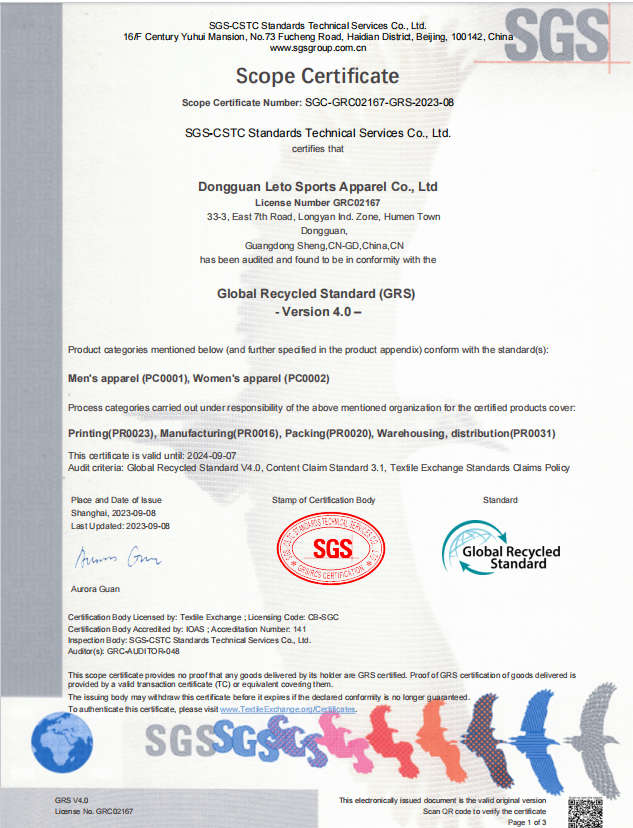
The foundation of any successful manufacturing partnership lies in quality assurance. When evaluating potential golf shirt suppliers, prioritize facilities that maintain comprehensive quality management systems. Look for manufacturers with ISO 9001 certification, which demonstrates a systematic approach to quality management and continuous improvement.
For premium applications requiring Premium Golf Fabrics, ensure your manufacturer can provide detailed fabric specifications and testing reports. This is particularly crucial for performance features like 4-way stretch golf pants ISO 13934 compliance, which requires specific mechanical testing to verify fabric elasticity and recovery properties.
Technical fabric requirements to verify:
-
Moisture-wicking capabilities for sweat-resistant golf wear for tropical climates
-
UV protection ratings for outdoor performance
-
Fabric weight specifications for a lightweight golf vest tournament legal design
-
Durability testing results for wash-and-wear performance
-
Color fastness standards for professional appearance retention
2. Ethical Manufacturing and Compliance
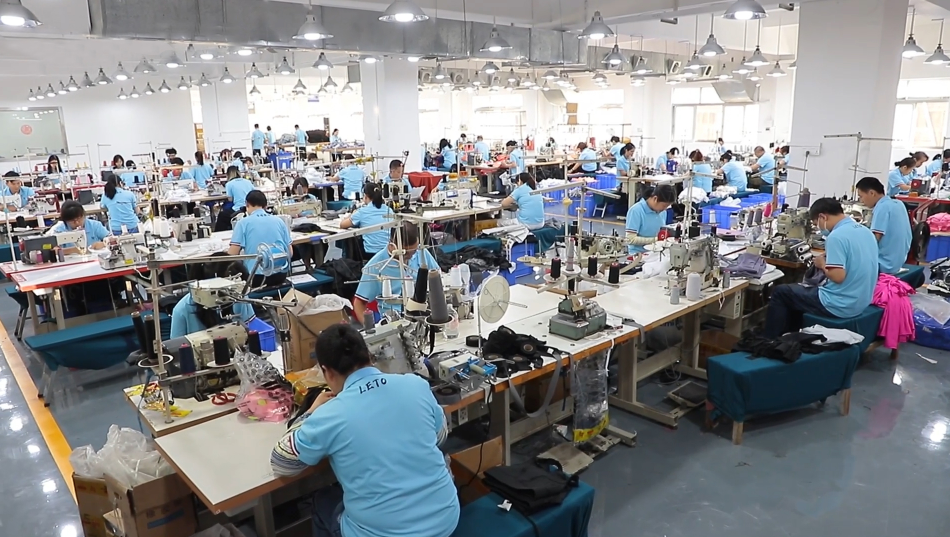
Modern golf apparel brands increasingly prioritize ethical manufacturing practices. A BSCI audited golf wear factory demonstrates commitment to social responsibility and ethical business practices. The Business Social Compliance Initiative (BSCI) audit evaluates working conditions, environmental impact, and business ethics throughout the manufacturing process.
Audits that receive high ratings are valid for two years and aim to help BSCI factories gradually and continually improve the social conditions in their business supply chain. This certification provides assurance that your manufacturing partner maintains acceptable labor practices and environmental standards.
Key compliance areas to evaluate include:
-
Worker safety protocols and training programs
-
Environmental management systems
-
Fair labor practices and wage policies
-
Chemical usage and disposal procedures
-
Supply chain transparency and traceability
3. Sustainability and Environmental Responsibility
Sustainability in golf apparel will become a dominant trend in 2025, with increasing consumer awareness about climate change and environmental impact driving brands to adopt eco-friendly materials such as recycled polyester and biodegradable fabrics.
When vetting recycled golf apparel suppliers, verify their sustainability credentials through recognized certifications such as Global Recycled Standard (GRS) or OEKO-TEX standards. These certifications ensure that recycled materials meet quality and environmental criteria while maintaining traceability throughout the supply chain.
Sustainable manufacturing practices to assess:
-
Waste reduction and recycling programs
-
Water conservation and treatment systems
-
Energy efficiency and renewable energy usage
-
Chemical management and restricted substance compliance
-
Packaging sustainability and reduction initiatives
4. Customization Capabilities and Design Support
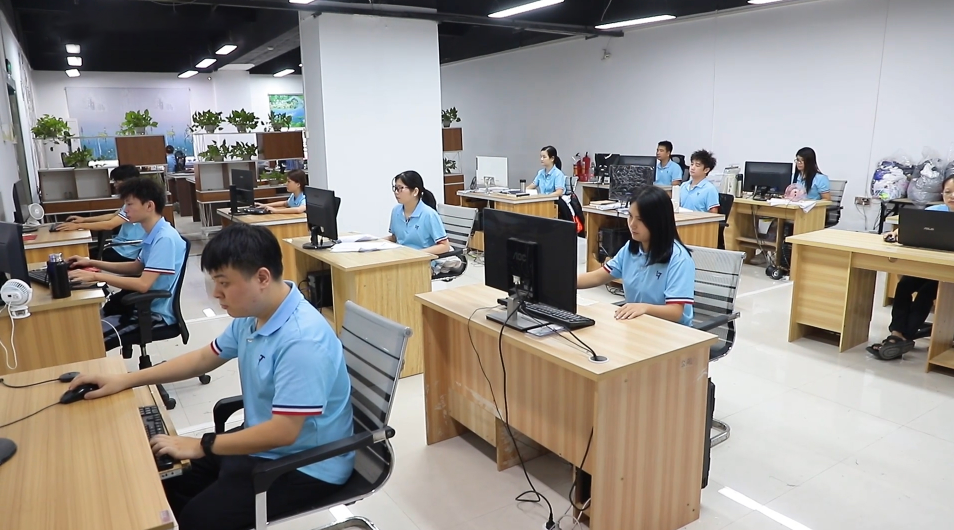
Successful golf apparel brands require manufacturers who can support diverse customization needs, from Custom Logo Sport Golf Shirt production to comprehensive Custom Golf Wear Solutions. Evaluate potential partners based on their design support capabilities, sampling processes, and production flexibility.
For brands focusing on Unique ladies' golf apparel or Cute golf outfits for ladies, ensure your manufacturer has experience with feminine fits, sizing variations, and style-specific construction techniques. This expertise is crucial for developing Ladies' golf apparel brands that meet market expectations for both performance and aesthetics.
Customization capabilities to verify:
-
In-house design and pattern-making services
-
3D visualization and virtual sampling capabilities
-
Multiple decoration options, including embroidery and printing
-
Fabric sourcing and development support
-
Prototyping and sample production timelines
5. Production Flexibility and Minimum Order Quantities
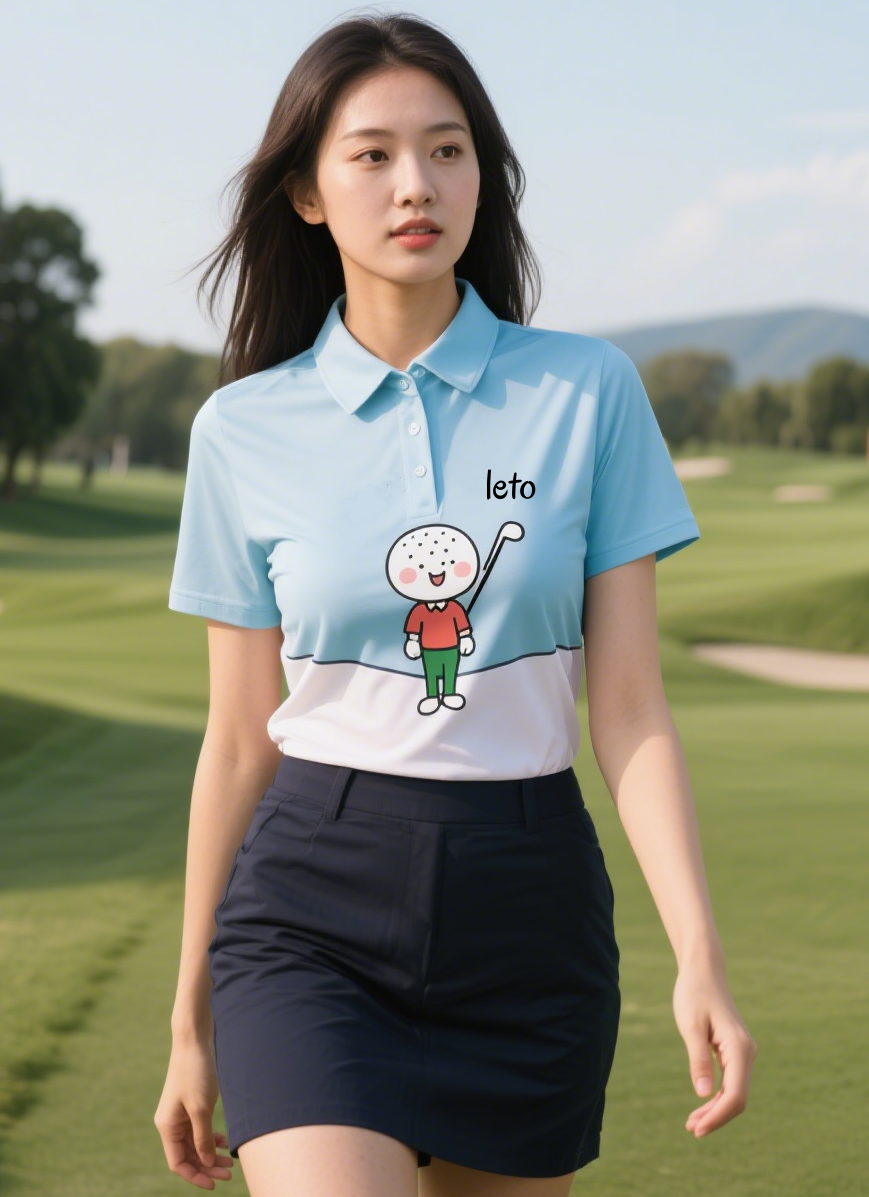
Many emerging brands and startups require manufacturing partners who can accommodate smaller production runs while maintaining cost-effectiveness. Look for suppliers offering low MOQ golf apparel 50-piece options, which provide flexibility for testing new designs or serving niche markets without significant inventory investment.
This flexibility is particularly valuable for brands developing Funny Golf Shirts or specialty items where market demand may be uncertain. Manufacturers with flexible MOQ policies demonstrate willingness to support growing businesses and adapt to changing market conditions.
Production flexibility factors:
-
Minimum order quantity requirements across different product categories
-
Rush order capabilities and expedited production timelines
-
Seasonal capacity management and planning support
-
Inventory management and drop-shipping services
-
Scalability for business growth and volume increases
Specialized Technical Capabilities
Performance Fabric Expertise
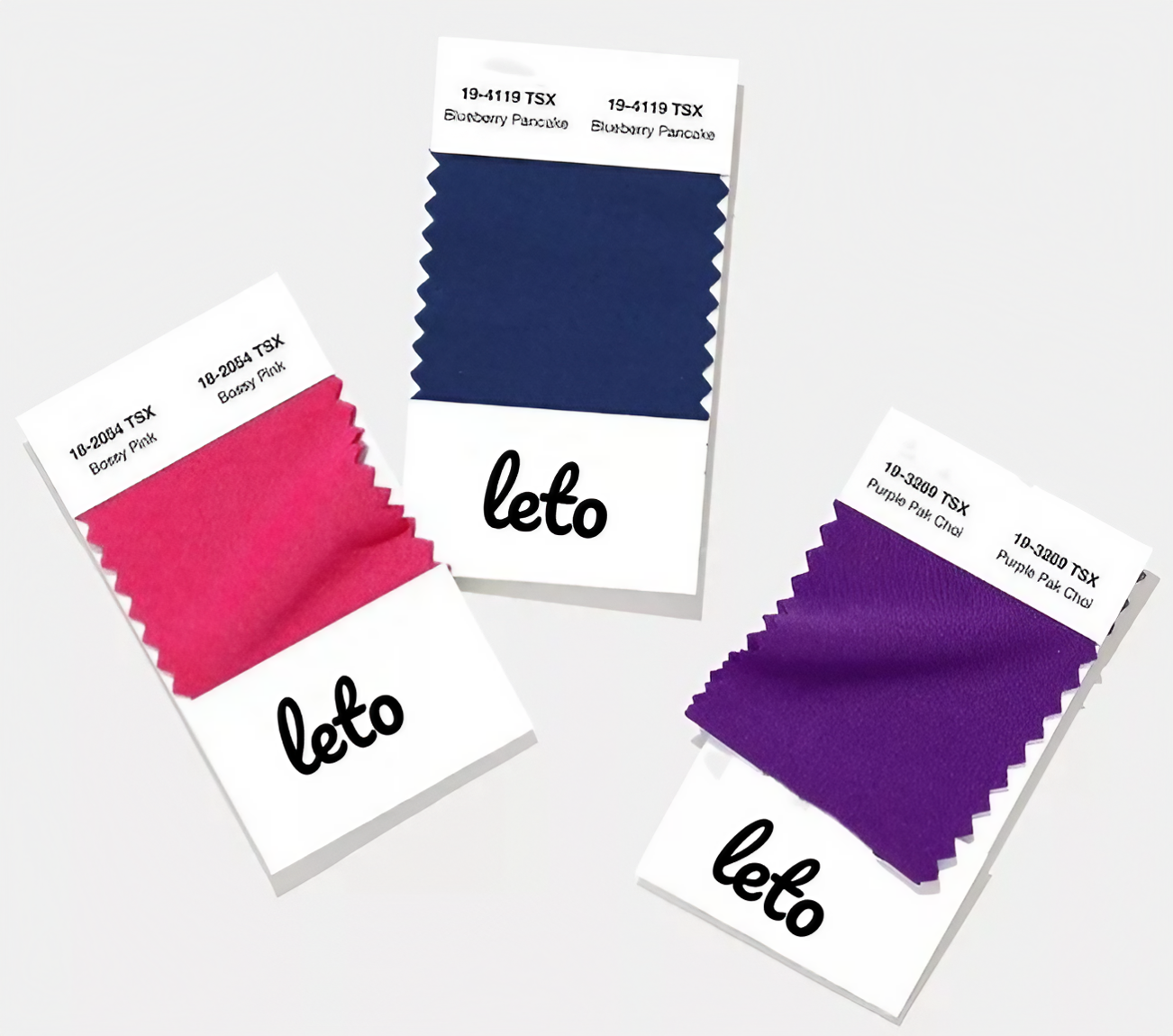
Modern golf apparel demands sophisticated fabric technologies that enhance player performance and comfort. When evaluating manufacturers, assess their expertise with technical fabrics and performance features essential for today's golf clothing market.
Non-restrictive golf polo full swing mobility requires specialized pattern engineering and fabric selection. Manufacturers should demonstrate understanding of golf-specific movement patterns and construction techniques that support unrestricted swing mechanics while maintaining professional appearance standards.
For premium applications, evaluate expertise with advanced materials like graphene-infused golf wear temperature control fabrics, which provide active temperature regulation through innovative material science. These technologies require specialized handling and construction techniques that not all manufacturers possess.
Weather-Specific Solutions

Golf is played in diverse weather conditions, requiring manufacturers who understand climate-specific performance requirements. For coastal markets, windproof golf jackets for coastal tournaments production requires expertise with technical fabrics, seam sealing, and construction methods that provide wind resistance without sacrificing breathability.
Similarly, sweat-resistant golf wear for tropical climates demands understanding of moisture management technologies, fabric selection, and construction techniques that maintain comfort and appearance in high-humidity conditions.
Quality Assurance and Testing Capabilities
Fabric Testing and Certification

Reputable golf clothing manufacturers maintain comprehensive testing capabilities or partnerships with certified testing laboratories. This includes AATCC 183 UV test methodology compliance for UV protection verification, which is crucial for outdoor golf apparel marketing claims.
Other essential testing capabilities include:
-
Colorfastness testing for wash and light exposure
-
Abrasion resistance testing for durability assessment
-
Pilling resistance evaluation for fabric appearance retention
-
Dimensional stability testing for sizing consistency
-
Chemical testing for restricted substance compliance
Construction Quality Standards
Beyond fabric testing, evaluate manufacturers' approach to construction quality and consistency. This includes seam strength testing, button and trim attachment security, and overall garment construction standards that ensure long-term performance and customer satisfaction.
Decoration and Branding Capabilities
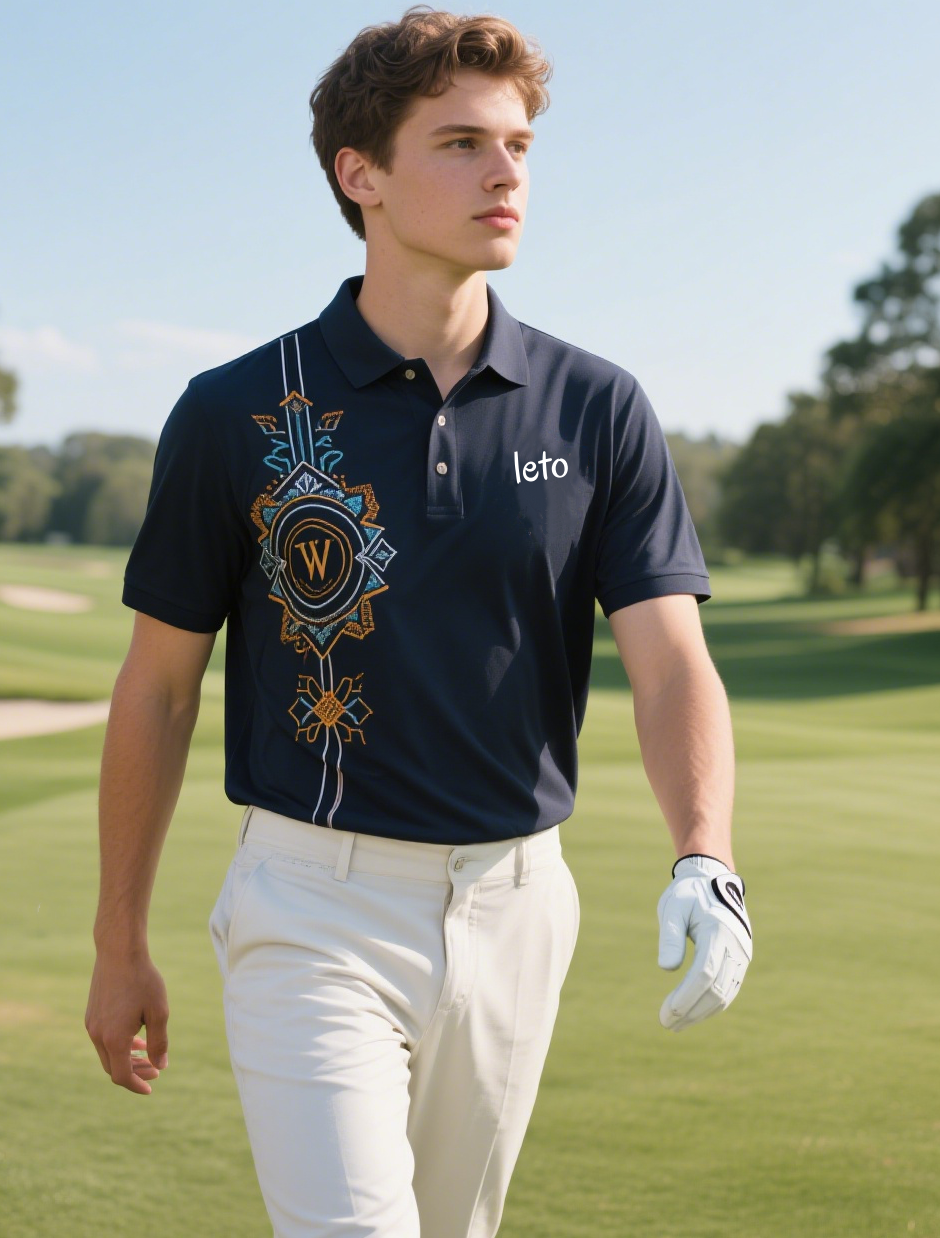
Embroidery Excellence
For brands requiring Custom Embroidered Golf Polo Shirts or Custom Embroidered Golf Apparel, evaluate manufacturers' embroidery capabilities, including thread quality, design complexity handling, and production consistency. Professional golf apparel often requires precise logo placement and high-quality embroidery that maintains appearance through multiple wash cycles.
Consider the embroidery golf hat minimum quantity requirements when selecting manufacturers, as specialized decoration capabilities may have different MOQ requirements than basic garment production.
Advanced Decoration Technologies
Modern golf apparel decoration extends beyond traditional embroidery to include heat transfer applications, sublimation printing, and specialized finishes. Manufacturers should demonstrate capability with multiple decoration methods to support diverse branding requirements and design aesthetics.
Supply Chain Management and Communication
Transparency and Traceability
Effective manufacturer partnerships require clear communication channels and supply chain transparency. Evaluate potential partners based on their communication protocols, project management systems, and ability to provide detailed production updates and quality reports.
This transparency is particularly important for brands emphasizing sustainability and ethical manufacturing, where customers increasingly demand visibility into production processes and supply chain practices.
Logistics and Distribution Support

Consider manufacturers' logistics capabilities and geographic positioning relative to your primary markets. Efficient shipping and distribution support can significantly impact inventory management costs and customer delivery timelines.
Some manufacturers provide additional services such as quality inspection, packaging customization, and direct-to-consumer fulfillment that can streamline operations and reduce overhead costs.
Innovation and Future-Readiness
Technology Integration
The golf apparel industry continues evolving with technological integration and performance innovation. Evaluate manufacturers' capabilities with emerging technologies and their commitment to research and development activities that support future product innovation.
This includes expertise with smart fabrics, wearable technology integration, and sustainable material development that positions your brand for future market opportunities.

Market Responsiveness
Successful manufacturing partnerships require responsiveness to changing market conditions and trend developments. Manufacturers should demonstrate flexibility in adapting to new requirements, incorporating customer feedback, and supporting product development initiatives that drive competitive advantage.
Financial Considerations and Partnership Structure
Cost Structure Transparency
Understand manufacturers' cost structures, including base pricing, decoration charges, tooling costs, and additional service fees. Transparent pricing models help establish realistic budgets and identify opportunities for cost optimization without compromising quality standards.
Consider long-term cost implications, including volume discounting, annual contracts, and partnership benefits that reward consistent business relationships.
Payment Terms and Risk Management
Evaluate payment terms, credit policies, and risk management approaches that protect both parties while supporting business growth objectives. Flexible payment structures can improve cash flow management for growing businesses while maintaining manufacturer confidence and support.
Case Study: Successful Partnership Development
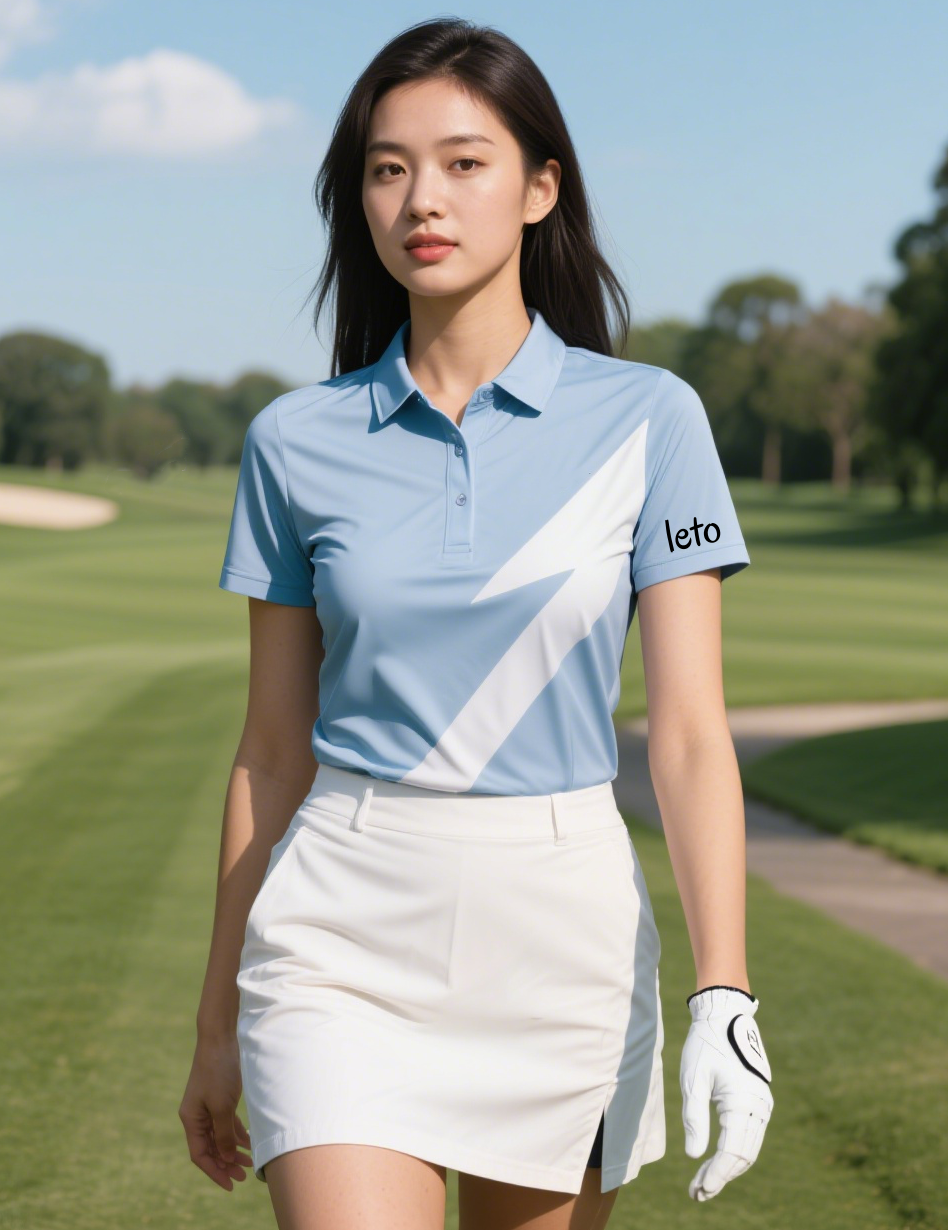
Consider a country club uniform redesign case study where a prestigious golf club partnered with Leto Golf Manufacturing to modernize their staff uniforms while maintaining traditional aesthetics and professional standards. The project required:
-
Custom fabric development combining traditional appearance with modern performance features
-
Precise color matching to maintain brand consistency
-
Multiple sizing options accommodate diverse staff body types
-
Seasonal variation management for year-round professional appearance
-
Efficient Manufacturing processes supporting timely delivery and budget requirements
This successful partnership demonstrates the importance of manufacturer selection based on comprehensive capabilities rather than price considerations alone.
Industry-Specific Expertise and Skilled Craftsmanship
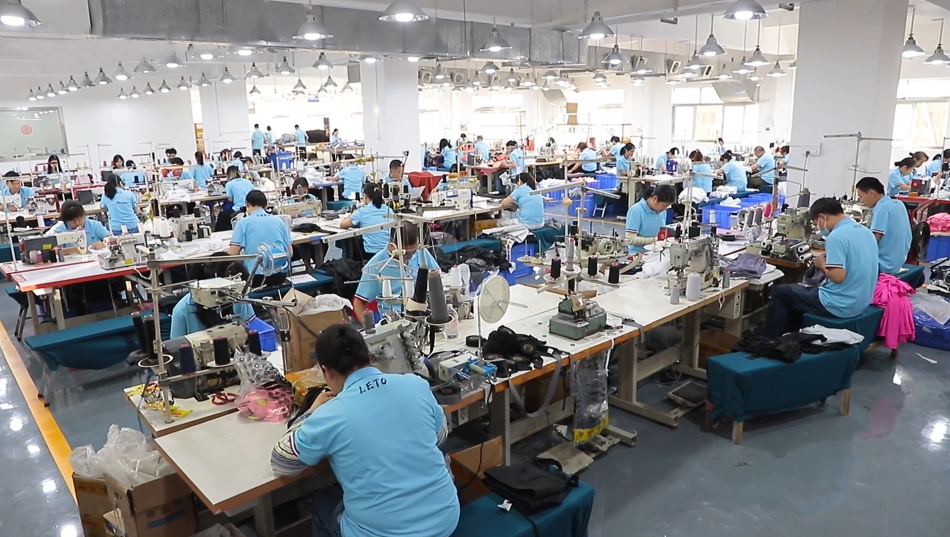
Golf-Specific Design Understanding
Effective golf clothing manufacturers possess a deep understanding of golf-specific design requirements that extend beyond general apparel manufacturing knowledge. This includes appreciation for traditional golf aesthetics, dress code compliance requirements, and performance features that enhance player comfort and confidence.
Trendy Golf Apparel development requires balancing contemporary fashion trends with golf-specific functional requirements and etiquette expectations. Manufacturers should demonstrate experience navigating these considerations while supporting brand differentiation objectives.
Luxury Market Expertise
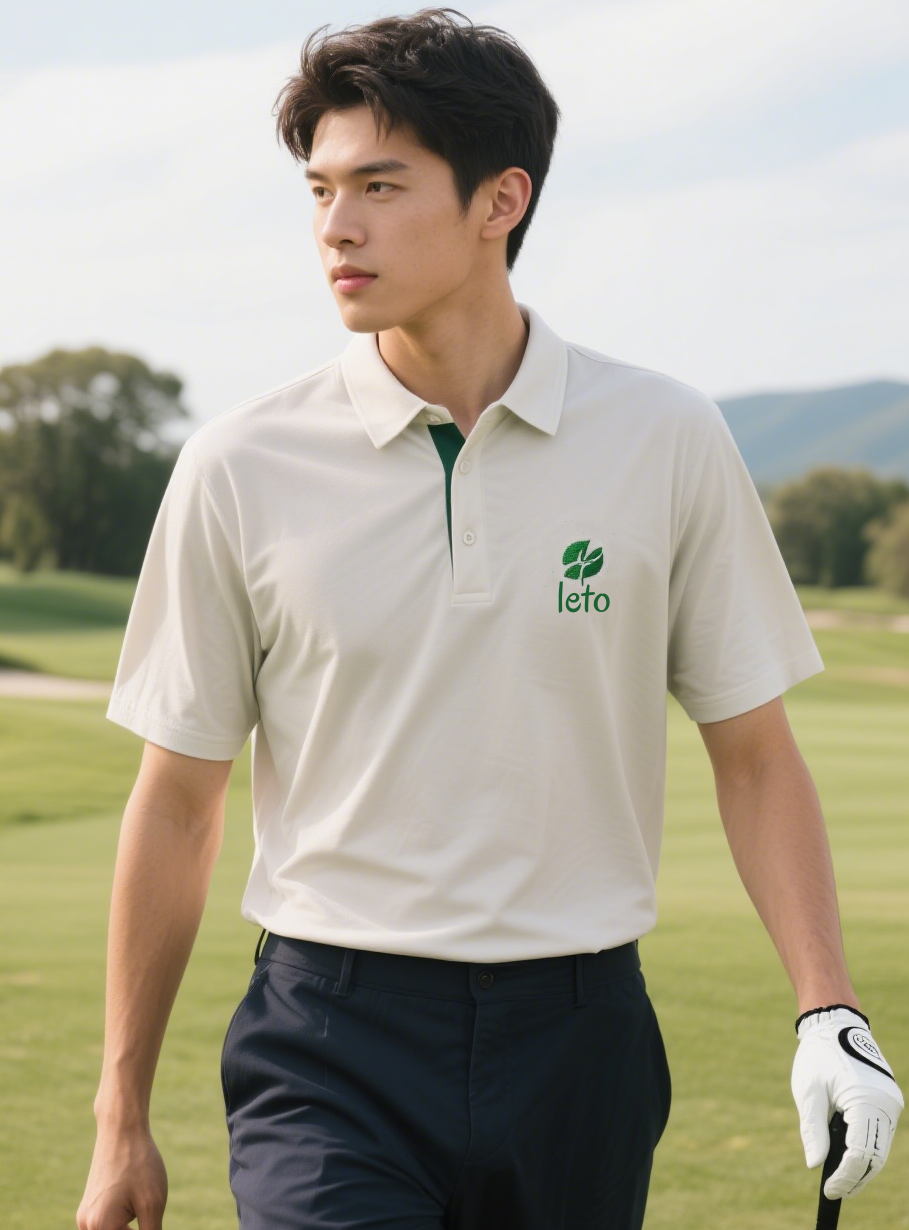
For brands targeting premium market segments, evaluate manufacturers' experience with luxury golf apparel brands, ladies', and high-end production requirements. This includes attention to detail standards, premium material handling, and quality consistency that meets luxury market expectations.
Sustainability Leadership and Eco-friendly Golf Apparel Development
Modern golf apparel brands increasingly prioritize sustainability as a competitive differentiator and customer requirement. Manufacturers supporting Eco-friendly golf apparel for environmentally conscious brands should demonstrate comprehensive environmental management programs extending beyond basic compliance requirements.
This includes proactive sustainability initiatives, continuous improvement programs, and transparency in environmental impact reporting that support brand sustainability marketing and customer education efforts.
Conclusion: Building Strategic Manufacturing Partnerships

Successful golf apparel manufacturing partnerships require a comprehensive evaluation extending far beyond basic production capabilities and pricing considerations. The manufacturers you select will significantly impact your brand's quality reputation, market positioning, and long-term business success.
Focus on partners who demonstrate commitment to quality excellence, ethical manufacturing practices, sustainability leadership, and customer service excellence. These foundational characteristics support business growth while maintaining the flexibility and responsiveness necessary for dynamic market conditions.
Whether you're launching innovative graphene-infused golf wear temperature control products or developing classic Custom Golf Wear Solutions, the right manufacturing partner provides the expertise, capabilities, and commitment necessary for achieving your business objectives while exceeding customer expectations.
The golf apparel industry's continued growth and evolution create exciting opportunities for brands willing to invest in strategic manufacturing partnerships that support innovation, quality, and customer satisfaction. Choose wisely, and your manufacturing partner will become a valuable asset supporting long-term business success and market leadership.
Post time: 25-08-07








